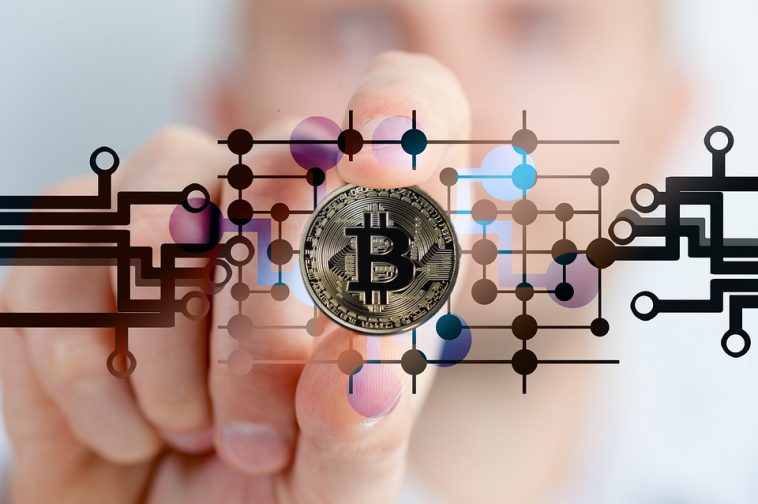In a move to accelerate its compliance process, the cryptocurrency exchange KuCoin has temporarily suspended all peer-to-peer (P2P) Nigerian Naira (NGN) services and Fast Buy services using naira cards on its platform. The exchange cited its commitment to enhancing compliance as the driving force behind this decision.
This announcement follows closely on the heels of a reported statement by Emomotimi Agama, the Director General of Nigeria’s Securities and Exchange Commission (SEC), urging major blockchain and cryptocurrency associations in the country to remove the naira from P2P trading to prevent manipulation.
P2P trading allows users to directly trade cryptocurrency with one another, exchanging it for another crypto or their local fiat currency by matching with a seller or buyer. KuCoin clarified that while the suspension takes effect from April 15, 2024, ongoing orders will be completed, and all other services will remain functional. The exchange assured users that their funds were secure and emphasized the move’s alignment with providing a better trading experience.
Looking ahead, KuCoin stated, “During this temporary pause, we will focus on ensuring compliance and creating a more robust and secure environment for all our users. We are fully aware of the impacts caused, and we want to express our gratitude for your understanding and cooperation as we navigate through this change together.”
The exchange expressed its commitment to swiftly and efficiently resolving the matter and eagerly anticipates resuming the P2P Nigerian naira (NGN) services and Fast Buy services via naira cards in a fully compliant manner.
KuCoin is not the sole cryptocurrency exchange to remove naira services from its P2P trading platform. Binance has also halted naira trade on its P2P platform, discontinuing all Nigerian naira services and refusing to accept naira deposits and withdrawals on its platform.
The Nigerian government has been cracking down on crypto platforms, accusing them of contributing to the country’s currency woes against the USD. In February 2024, authorities moved to shut down crypto websites in the country, engaging telcos to prevent Nigerians from accessing such sites.
Consequently, Binance and two of its executives are currently facing court actions from authorities in Nigeria over charges including tax evasion and money laundering.





